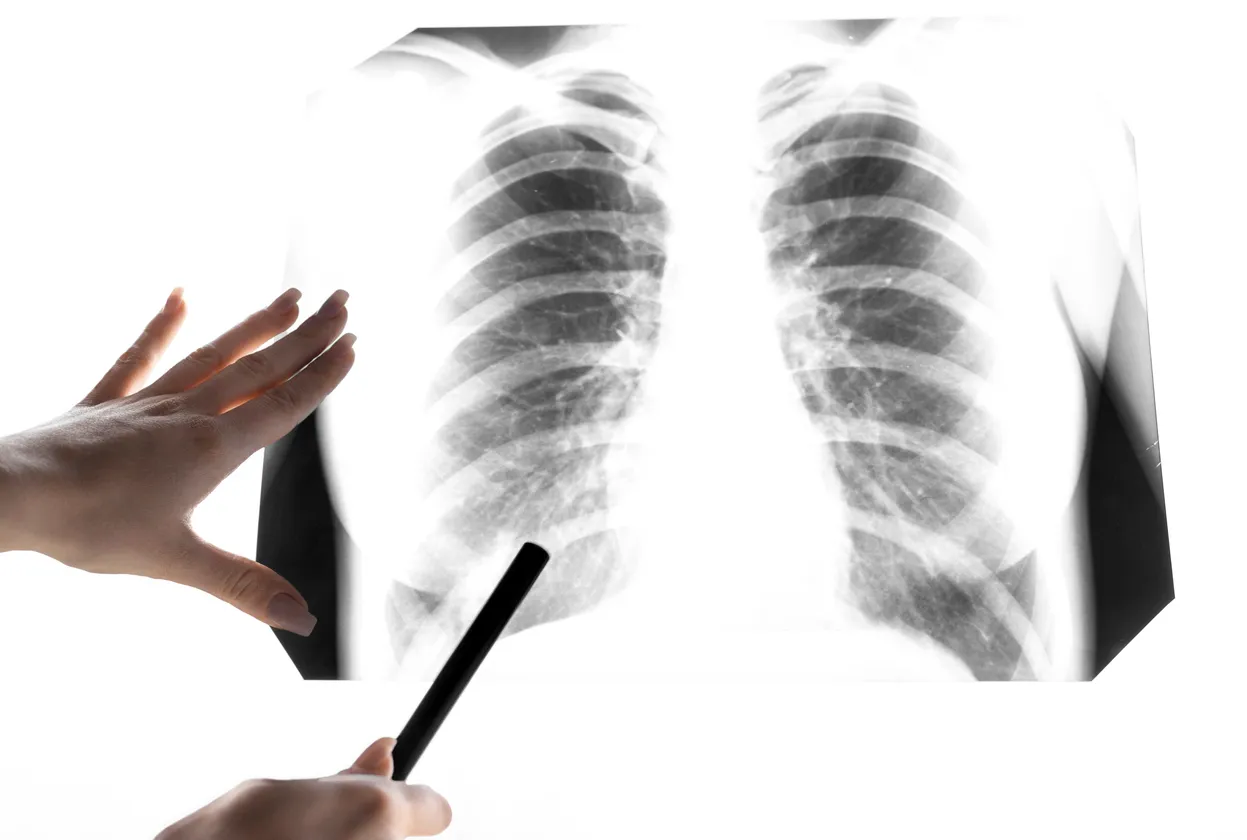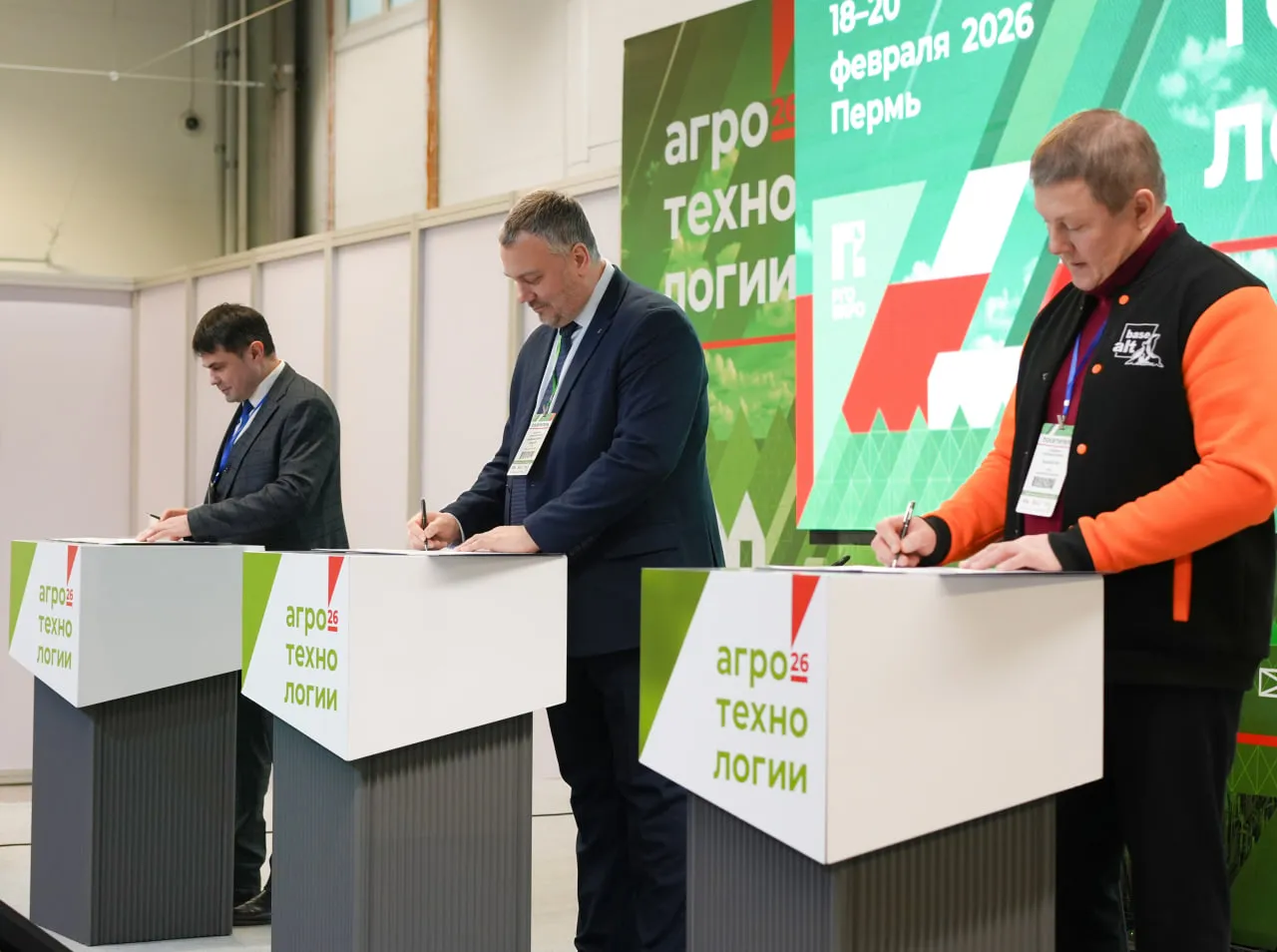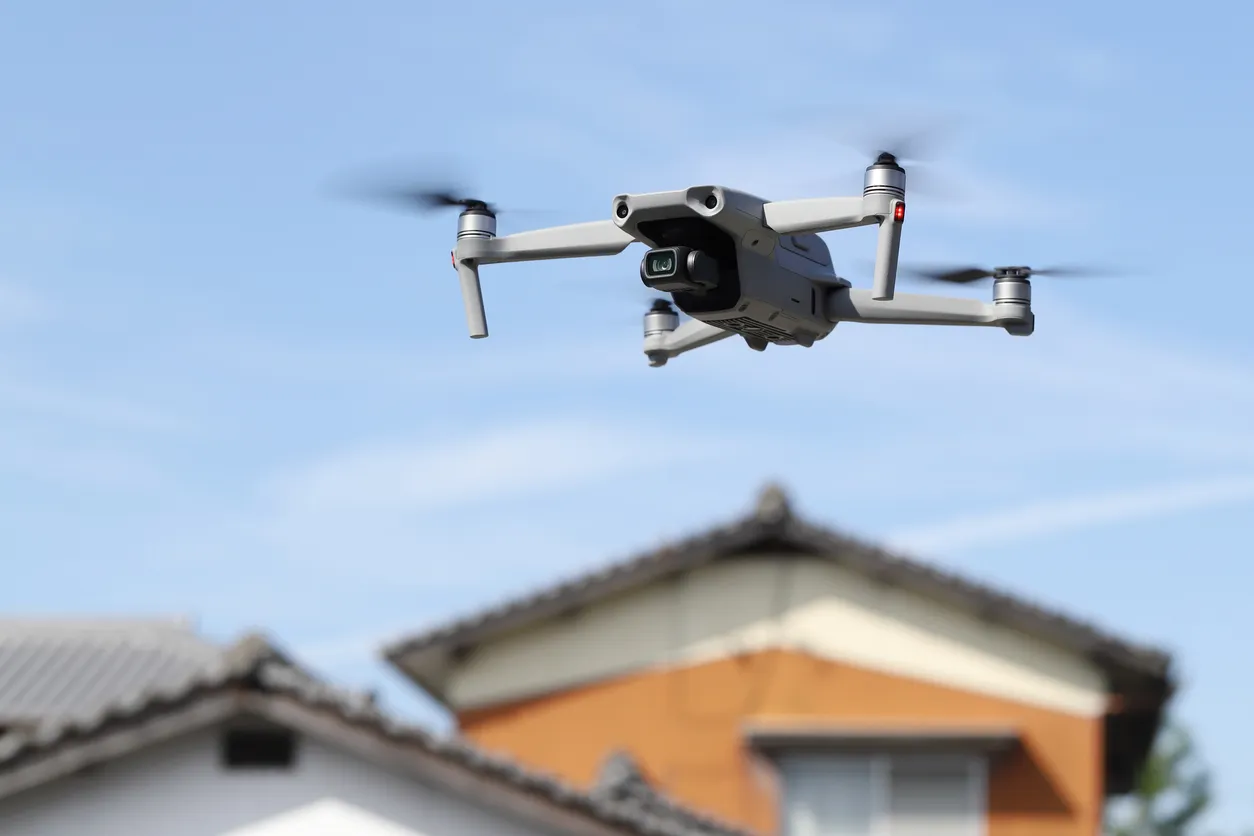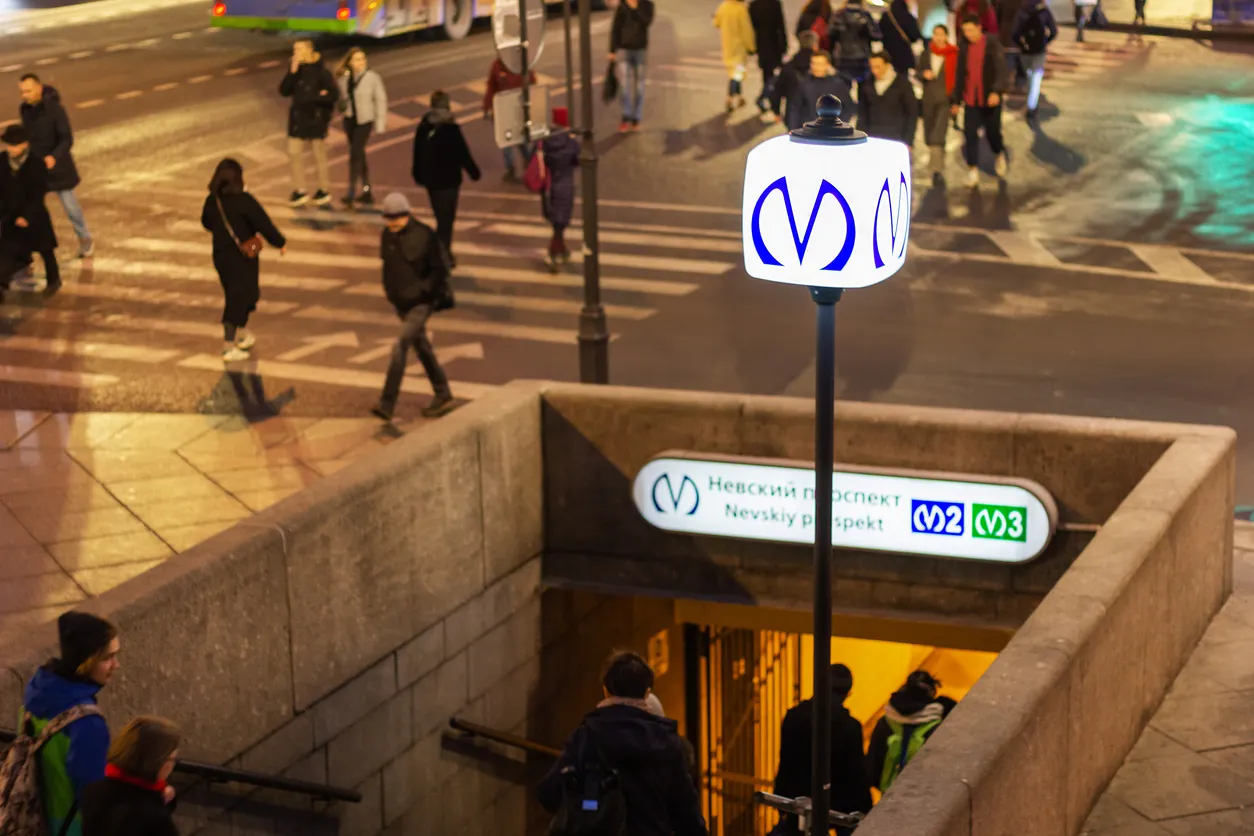Russia Chooses Its Own: IT Hardware Becomes a Symbol of Sovereignty
Russia’s first “smart” factory: Rikor has raised the quality of domestic electronics to the level of Apple and Dell.

New Standards of Reliability
The Rikor Group’s plant in Arzamas has launched Russia’s first robotized laboratory for comprehensive physical‑reliability testing of laptops — a breakthrough that fundamentally changes the way the country approaches electronics quality.
The automated lab can perform up to 300 test cycles per hour, examining critical points of device durability: hinge wear, hinge‑mount strength, key‑press endurance into the tens of millions of actuations, symbol abrasion resistance, cable and connector fatigue under repeated bending, corrosion resistance in high‑humidity and high‑temperature conditions, and micron‑level accuracy of chassis measurements.
This marks a shift from subjective human testing to a precise, automated, repeatable system that meets global standards set by Apple, Dell, and Lenovo. As a result, Russian laptops are now designed for long service life with minimal defects, allowing domestic devices to compete not only on price but also on reliability.

A Fully Integrated IT‑Hardware Ecosystem
Over the past five years, Rikor has built a vertically integrated manufacturing ecosystem: from Russian processors and motherboards to in‑house metal stamping, plastics molding, and SMD/DIP board assembly. Today, the Arzamas plant is the only site in Russia capable of building IT hardware “end‑to‑end”: laptops, mini‑PCs, all‑in‑ones, servers, and even smartphones.
Full control over core components — boards, chassis, and more — allows Rikor to guarantee quality at every stage and reduce dependence on imported solutions.
Rikor’s laptops compete in price with popular Chinese brands while exceeding them in reliability. The company plans to move into next‑generation server platforms (Gen 5/6) and introduce its own smartphone based on a Unisoc processor with a 120 Hz display, triple camera, and a custom PCB layout — priced competitively with major Chinese models.
Rikor is not just producing hardware; it is building a Russian electronics ecosystem — from testing laboratories to industrial design. This reduces reliance on foreign testing systems, speeds up time‑to‑market, and minimizes defects, which is crucial for building consumer trust.
Russian Quality as an Export Product
Russia is strengthening technological sovereignty in IT hardware — a mission made increasingly urgent by the current sanctions environment. For consumers, this means reliable and affordable devices with long lifespans. For businesses, it means 3–5‑year equipment guarantees without the risk of mass failures — especially important for government agencies, schools, and hospitals.

In the near future, Rikor plans to introduce devices with extended lifespans of 7–10 years — sharply contrasting with the “planned obsolescence” model characteristic of many foreign brands. The company also expects to expand its testing laboratory to include all‑in‑ones, mini‑PCs, tablets, and servers.
Rikor is prepared to export not only hardware but also manufacturing standards — robotized testing lines and metal chassis could be supplied to partners across the EAEU, Asia, and Africa.
Long‑term goals include establishing a completely closed production chain: from component design to mass manufacturing — all within Russia. The company is already moving in this direction and plans to introduce a “Russian Quality” product line for government, educational, and corporate sectors.

Growing Trust in Russian Tech
Demand for computers in Russia grew by 44 percent year‑over‑year in Q1 2024 to 1.3 million units, while the market value rose 63 percent to approximately $887 million. The share of domestic brands doubled to 20 percent, led by iRu, Irbis, Echips, and Osio.
Consumers are increasingly choosing Russian‑built devices with guaranteed support and local service. This trend reflects successful import substitution and confirms rising confidence in domestic manufacturing — reinforced by high‑tech initiatives such as Rikor’s robotized testing laboratory.










































